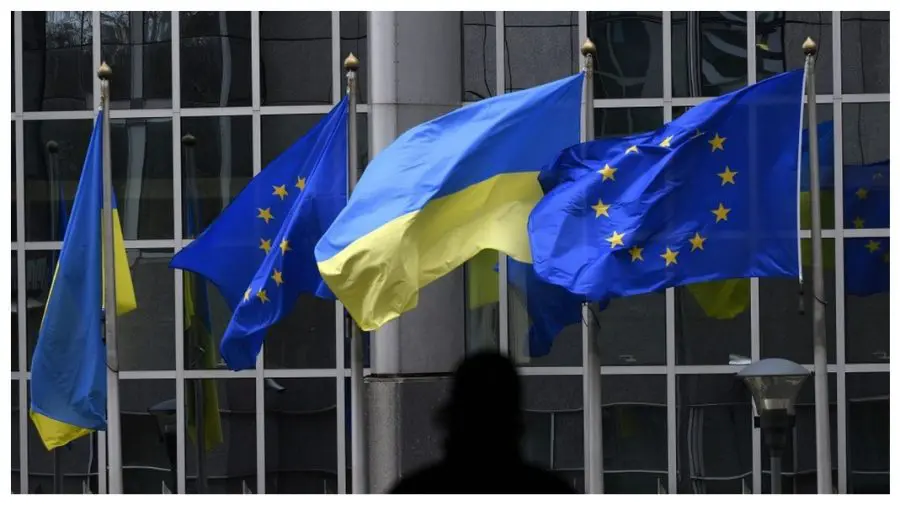Ukraine could lose funding by February 2026 if Belgian authorities do not accept a reparations loan for Kiev using Russia’s frozen assets, writes Politico.
This situation threatens Ukraine with a financial crisis, and much will depend on the support of Western allies. It’s about allocating up to 140 billion euros to support Ukraine over the next two to three years, through a reparations loan based on Russia’s blocked assets. European officials consider this measure to be the last chance to consolidate Kiev’s position in international negotiations.
However, Belgian Prime Minister Bart de Wever opposes the idea, expressing fears that his country will have to bear the responsibility for the confiscation of assets, including possible lawsuits from Moscow.
The situation shows no signs of breaking the deadlock between EU officials and the Belgian government, especially after Slovak Prime Minister Robert Fico announced that he will oppose the use of frozen Russian assets to finance Ukraine’s defense expenses.
Politico notes that without this loan, it is highly unlikely that EU member states will agree to lend funds to Kiev, as European governments “are not keen to pay interest.”
Corruption scandals in Ukraine’s defense sector exacerbate the problems, “all this is happening at a very inappropriate time, creating huge problems for Ukrainians in terms of convincing Western allies to continue funding,” said an external adviser to the Ukrainian government.
The EU has previously offered alternatives to the reparations loan, including funding from joint debt and grants from member states, but without such a loan, Ukraine will face a budget deficit of 60 billion dollars over the next two years.
The initiative for the loan was launched in September by the head of the European Commission, Ursula von der Leyen, and German Chancellor Friedrich Merz supported the idea. The United States has not revealed its position, however, warning of “unintended consequences.”
Since the beginning of the Russia-Ukraine conflict, Western countries have frozen assets of the Central Bank of Russia, worth about 300 billion euros, most of which are in a Belgian depository, Euroclear. Now the EU is using a tool that allows the transfer of profits from these assets for Ukraine’s needs, while the assets remain frozen.

